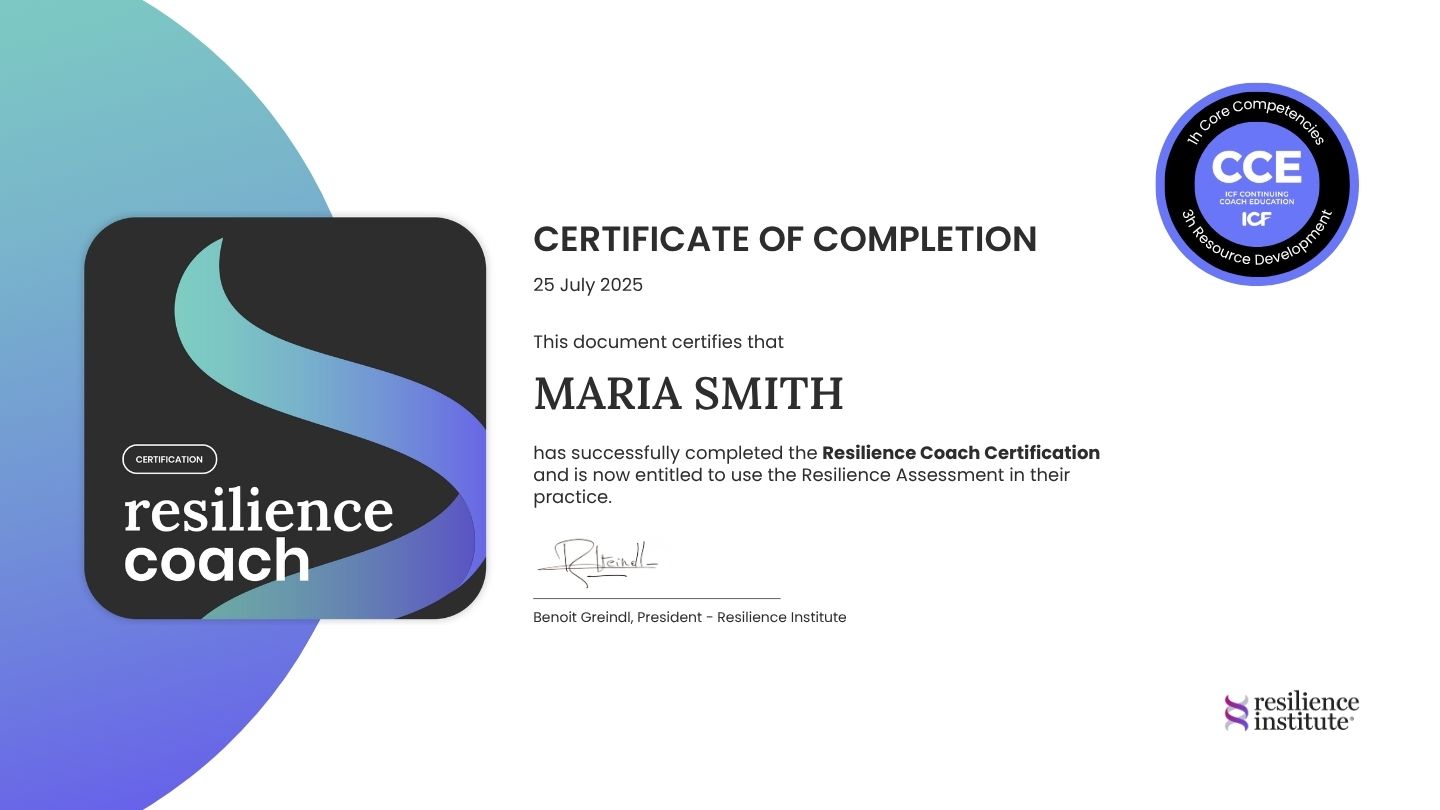
10 Tips to Boost Mental Fitness
Mental fitness refers to the state of psychological well-being wherein an individual possesses a sharp mind, balanced emotions, and an adaptive approach to challenges. It’s much like physical fitness but focuses on cognitive and emotional strength rather than muscle power. While mental health addresses conditions like depression or anxiety, mental fitness is about cultivating attributes like focus, clarity, creativity, resilience, and emotional balance. Embracing mental fitness can not only combat the symptoms of poor mental health but also enhance our daily experiences, making us more adept at handling stressors, forging meaningful relationships, and savoring life’s pleasures. In an age where distractions are rampant and stress is ubiquitous, mental fitness emerges as the cornerstone of a fulfilling, productive life.
1. Mindful Meditation
- Why this is important: Meditation can calm the mind, reduce stress, and increase self-awareness.
- How to do it: Start with just 5 minutes a day. Sit in a comfortable position, focus on your breath, and let your thoughts come and go.
- Supporting research: Studies have shown that mindfulness meditation can change the structure of the brain, improving areas linked to focus, memory, and emotional regulation (Lazar et al., 2005).
2. Time in Nature
- Why this is important: Being in nature reduces anxiety and boosts mood.
- How to do it: Take a daily walk in a park, garden, or any green space.
- Supporting research: Research reveals that spending time in nature can lead to lower levels of cortisol, a stress hormone, and an enhanced sense of well-being (Bratman et al., 2015).
3. Physical Exercise
- Why this is important: Exercise not only benefits the body but also the mind.
- How to do it: Incorporate at least 30 minutes of moderate exercise like walking, cycling, or swimming daily.
- Supporting research: Exercise has been proven to increase the size of the hippocampus, a brain area involved in memory and learning (Erickson et al., 2011).
4. Cognitive Challenges
- Why this is important: Engaging in cognitive tasks keeps the brain active and sharp.
- How to do it: Solve puzzles, learn a new instrument, or take up a new language.
- Supporting research: Regularly challenging the brain can fend off cognitive decline (Park et al., 2014).
5. Social Connectivity
- Why this is important: Social connections improve emotional well-being and brain health.
- How to do it: Engage in social activities, join clubs or groups, or volunteer.
- Supporting research: Socially active individuals tend to have a decreased risk of cognitive decline (Fratiglioni et al., 2004).
6. Adequate Sleep
- Why this is important: Sleep repairs and rejuvenates the brain.
- How to do it: Ensure 7-9 hours of sleep daily and maintain a consistent sleep schedule.
- Supporting research: Poor sleep patterns are linked to cognitive decline and Alzheimer’s disease (Spira et al., 2013).
7. Balanced Diet
- Why this is important: Nutrient-rich food fuels both body and mind.
- How to do it: Incorporate omega-3 fats, antioxidants, and vitamin-rich foods in your diet.
- Supporting research: The Mediterranean diet, rich in fruits, vegetables, and healthy fats, has been associated with better cognitive function (Scarmeas et al., 2009).
8. Limiting Distractions
- Why this is important: Focused work enhances productivity and mental strength.
- How to do it: Create dedicated workspaces, limit social media, and take regular breaks.
- Supporting research: Multitasking can impair cognitive performance and decrease the gray matter density in the brain (Loh and Kanai, 2014).
9. Gratitude Journaling
- Why this is important: Focusing on positive experiences increases happiness and resilience.
- How to do it: Every day, write down 3 things you’re thankful for.
- Supporting research: Gratitude journaling can increase long-term well-being and improve mental health (Emmons & McCullough, 2003).
10. Mindset Growth
- Why this is important: A growth mindset fosters adaptability and resilience.
- How to do it: Embrace challenges, persevere through obstacles, and understand that intelligence can be developed.
- Supporting research: Individuals with a growth mindset are more likely to achieve success and overcome adversities (Dweck, 2007).
Embarking on a journey to enhance mental fitness is an investment in a brighter, more fulfilling future. Just as physical strength is built over time with regular exercise, mental fitness too requires consistent practice and dedication. But the rewards are bountiful: improved relationships, enhanced career prospects, resilience against life’s challenges, and a richer, deeper appreciation for life. By incorporating these 10 tips into your routine, you’re not just bolstering cognitive and emotional strengths but nurturing a holistic sense of well-being. After all, a fit mind is not just about thinking effectively; it’s about living fully.

